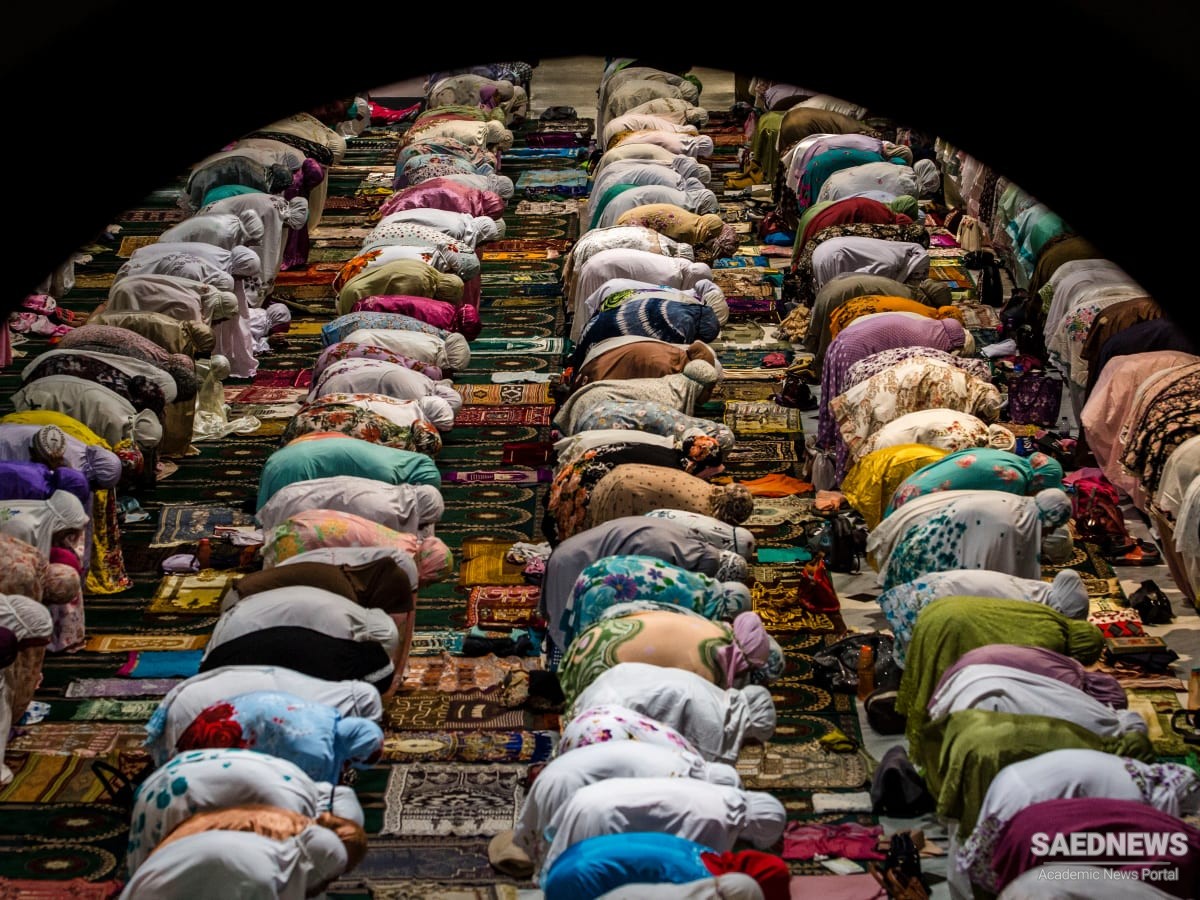All those who accept the Quranic revelation and surrender themselves to God are muslim; that is, they possess islam. Those who with intense faith in God and the hereafter are often referred to in the Quran as mu’min, that is, persons possessing faith, or iman. Not every muslim is mu’min, and to this day in the Islamic world this distinction is kept clearly in mind. Those whom the Quran calls mu sin are those who possess ihsan, which, as mentioned already, implies a high level of spiritual perfection, the attainment of which allows human beings to live constantly with the awareness of being in God’s presence; ihsan is none other than that spiritual teaching that has been preserved, transmitted, and promulgated in Sufism.
When one thinks of the term “Islam” as used in the English language to denote the whole tradition, one must think not only of isl m, but also of m n and i s n. The teachings of Islam have levels of meaning, and the religion consists of a hierarchy that, destined to become the religion of a large portion of humanity, had to accommodate the spiritual and intellectual needs of the simplest peasant and the most astute philosopher, the warrior and the lover, the jurist and the mystic. Islam achieved this goal by making the teachings of religion accessible on various levels from the most outward to the most inward. But it preserved unity by insisting that all of the members of its community share in the Sacred Law and the central doctrine of al-tawhid summarized in “La ilaha illa’Llah.”
Their degree of penetration into the meaning of Unity depended and continues to depend on the intensity of their faith and the beauty of their soul. But in submission to the One (al-islam), all Muslims stand in the same manner before God in a single community governed by the bonds of brotherhood and sisterhood as well as amity. Paradoxically, the multiple inner dimensions of the religion do not destroy this unity, but in fact only strengthen it, because these inner and higher modes of participation in the religion bring worshipers ever closer to the One. Unity is thereby strengthened, even in the more outward aspects of human life that all Muslims share, whatever their degree of participation might be in the understanding and practice of Islam.


 Sufi Notion of Humanity: Perfect Man the Core Ideal of Islamic Culture
Sufi Notion of Humanity: Perfect Man the Core Ideal of Islamic Culture














































